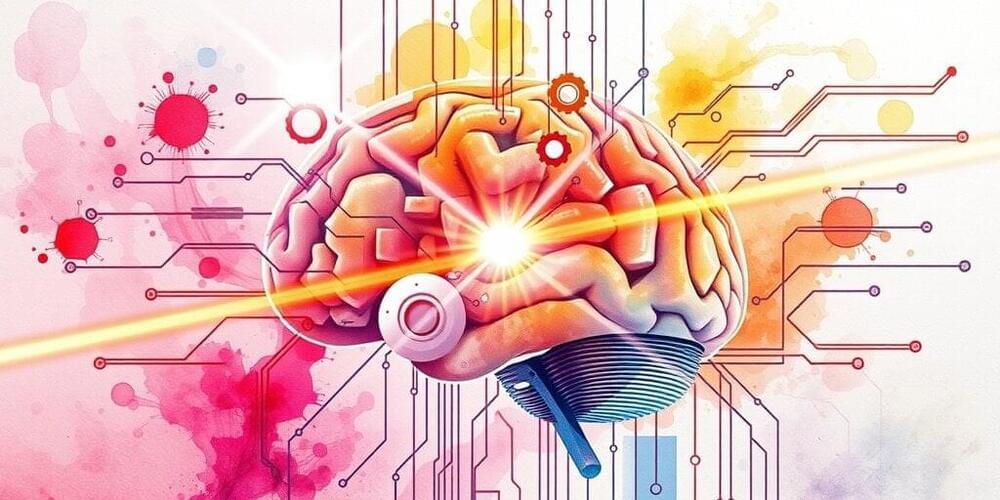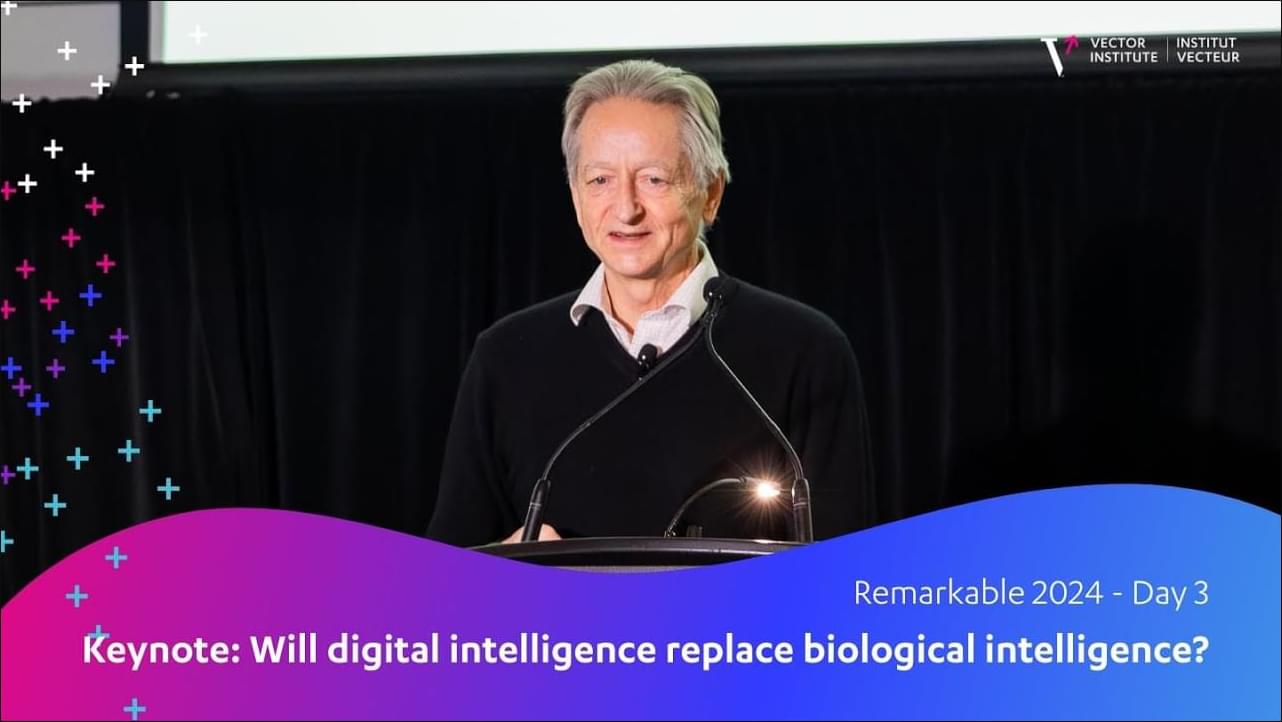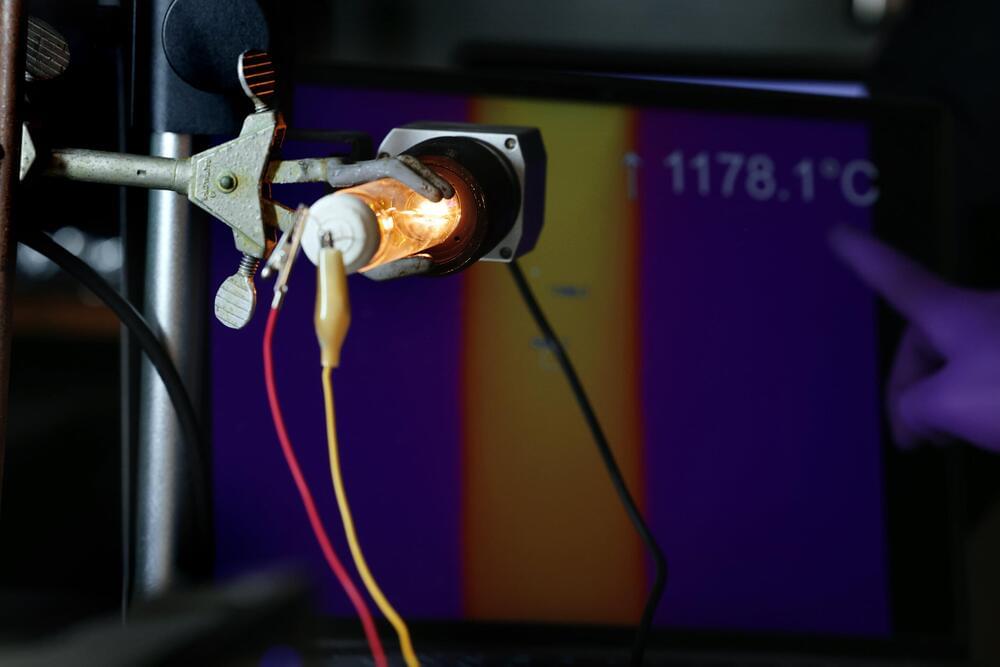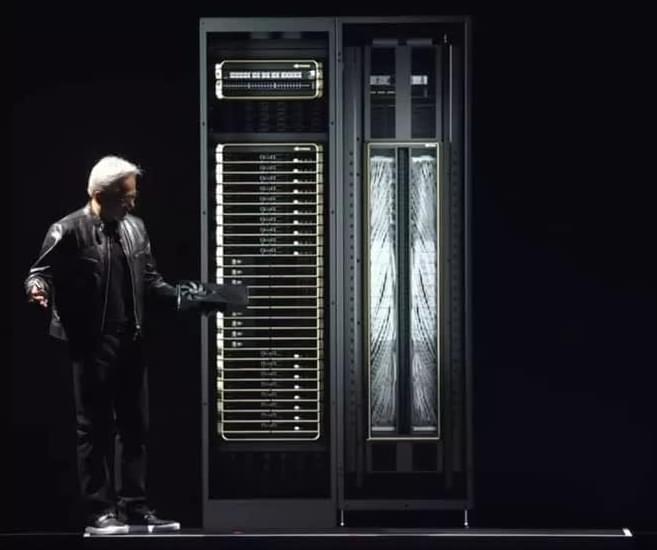Jan 19, 2025
Testing FSD 13.2.2 on very snowy roads in Canada!
Posted by Chris Smedley in categories: robotics/AI, transportation
The Full Self-Driving version 13.2.2 successfully navigates challenging snowy Canadian roads with impressive performance and minimal driver intervention ## Advanced Navigation in Challenging Conditions.
🚗13.2.2 successfully navigated snowy, slippery roads in Canada without interventions, handling obscured lane lines, vehicles, and signs even when the roadway was difficult to discern.
Continue reading “Testing FSD 13.2.2 on very snowy roads in Canada!” »

















